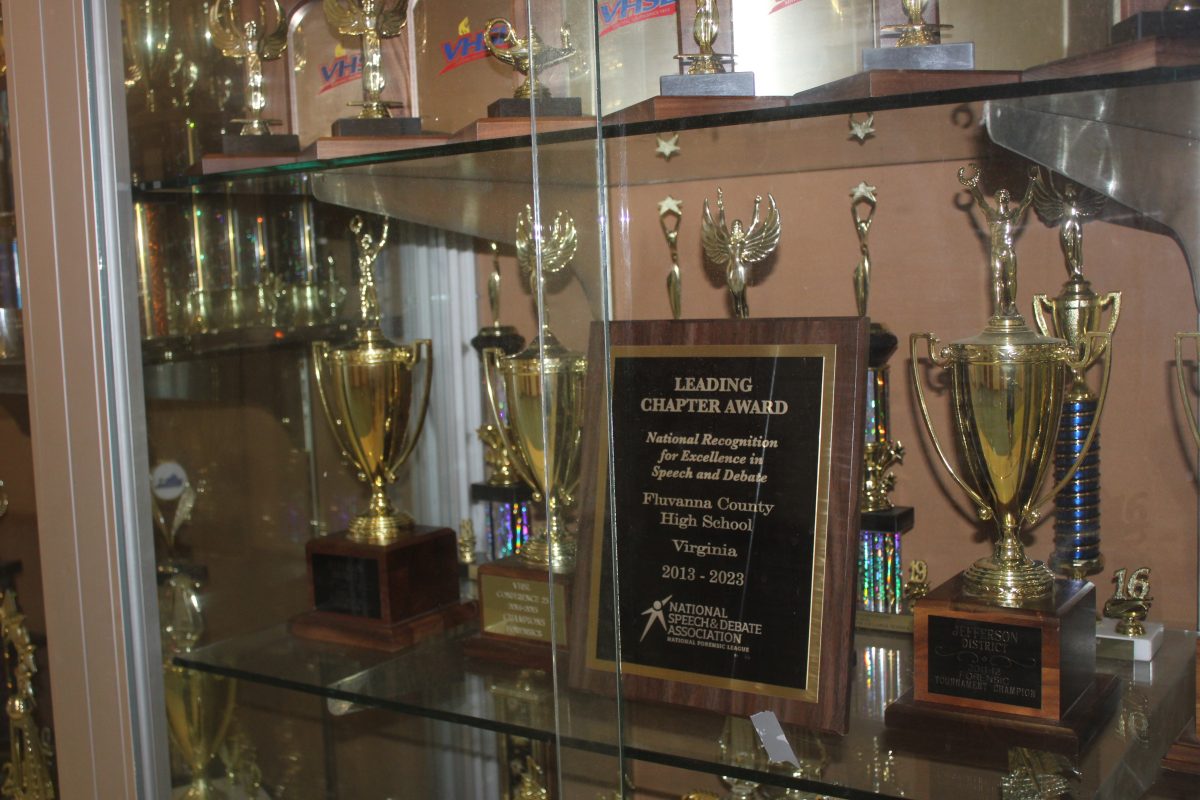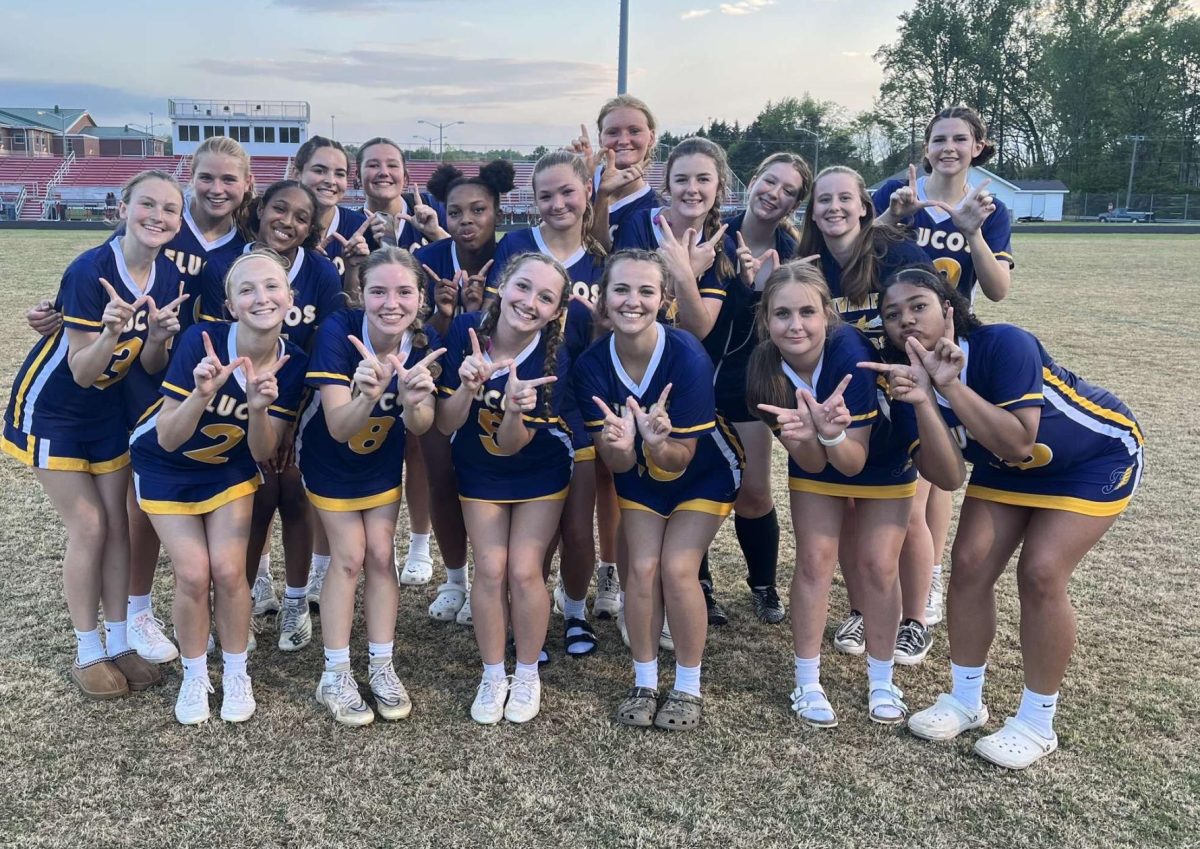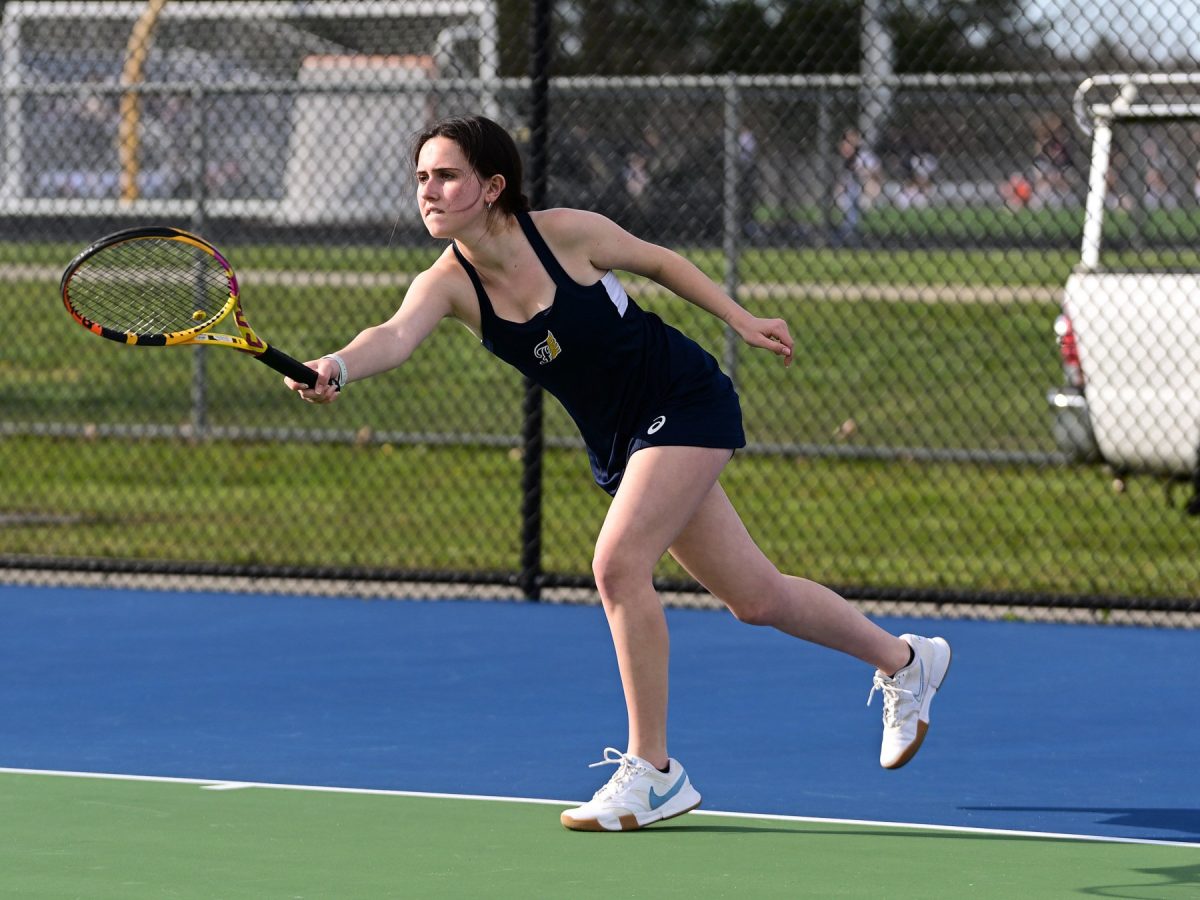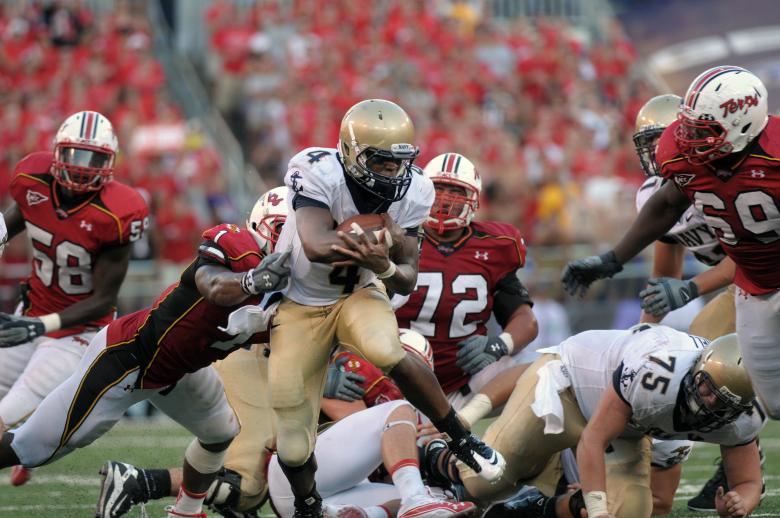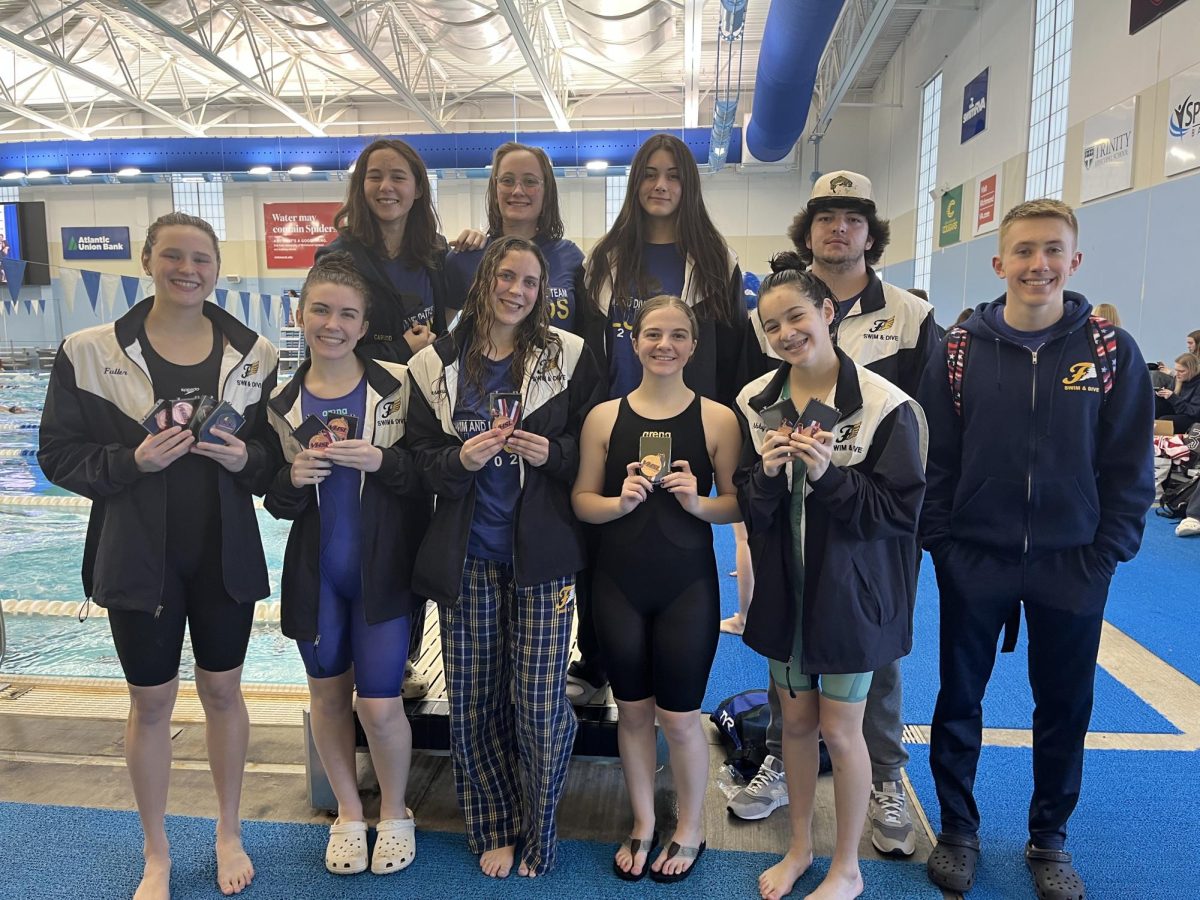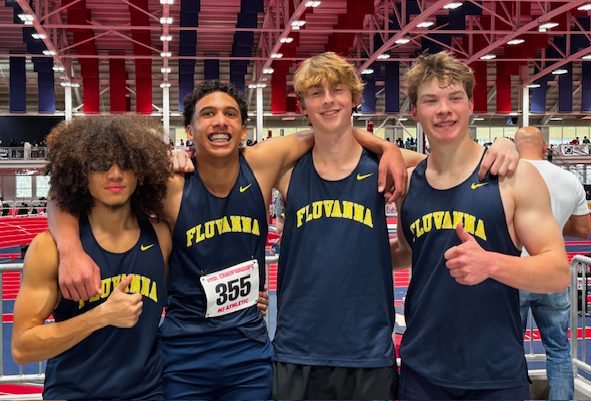Umbrella-termed as “Forensics,” academic sports Speech and Debate have some similarities, but major differences.
“The biggest difference between Speech and Debate is Speech’s lack of crossfires,” said Debate athlete and sophomore Madelyn Grout.
Crossfires are essentially the debating part of Debate, in which the other competitors can call out misinformation or other points that don’t make sense in the context of their opponent’s speech.
Coached by teacher Luke Divine, the FCHS Debate team focuses on politics and current events, whereas the Speech team, coached by teacher Craig Edgerton, is focused on entertaining or persuading the audience. Most Speech team members put on the equivalent of one-man plays in which multiple characters are being played by one person, except for the duo categories, in which multiple characters are being played by two people putting on a two-person play.
One Speech category which is significantly different from the others is a political category called Extemporaneous Speaking, often called Extemp for short. What makes it different from Debate, however, is that in Extemp the competitor only has 30-minutes notice about their particular topic for that competition, and has to use that time to write their speech and memorize it before presenting it to the judges with no notes.
In contrast, Debate athletes have one topic for the whole season and present speeches on that same topic each competition.
“To me, Speech and Debate are similar because of all the work we put into our categories. Both team’s competitors spend hours working each week to prepare for only one or two competitions each month. Both teams work extremely hard to make sure that everyone on the team performs to the best of their abilities,” said Speech athlete and junior Madison Gifford.
In both sports, team members give a speech catered to their specific category. Competitors are ranked from worst to best, and the top three move on to the next competition. Speech and Debate also both compete in front of a small audience, made up of only other competitors, one or two judges, and a few observers. The captains of both teams often work collaborate in order to make sure everything can run smoothly and hand in hand with each other.
“The Debate captains and I have been working closely this year so the teams can work together. We have been trying to get the teams to work closer together to help each other,” said senior Speech Captain Townes Mullinex.
Both teams begin practicing in August, and start competing in October, working up to Regionals in January. Things don’t end there, however, as they continue to compete until the state competitions in April. Traditionally, Fluco Speech has dominating the region, winning States for the past six years (with the exception of 2020 when the season was cut short). While a newer sport at FCHS, Debate sent four people to States in 2023.
For more information on Debate, see junior Vanessa Vandevander’s article “Why You Should Join Debate.”

